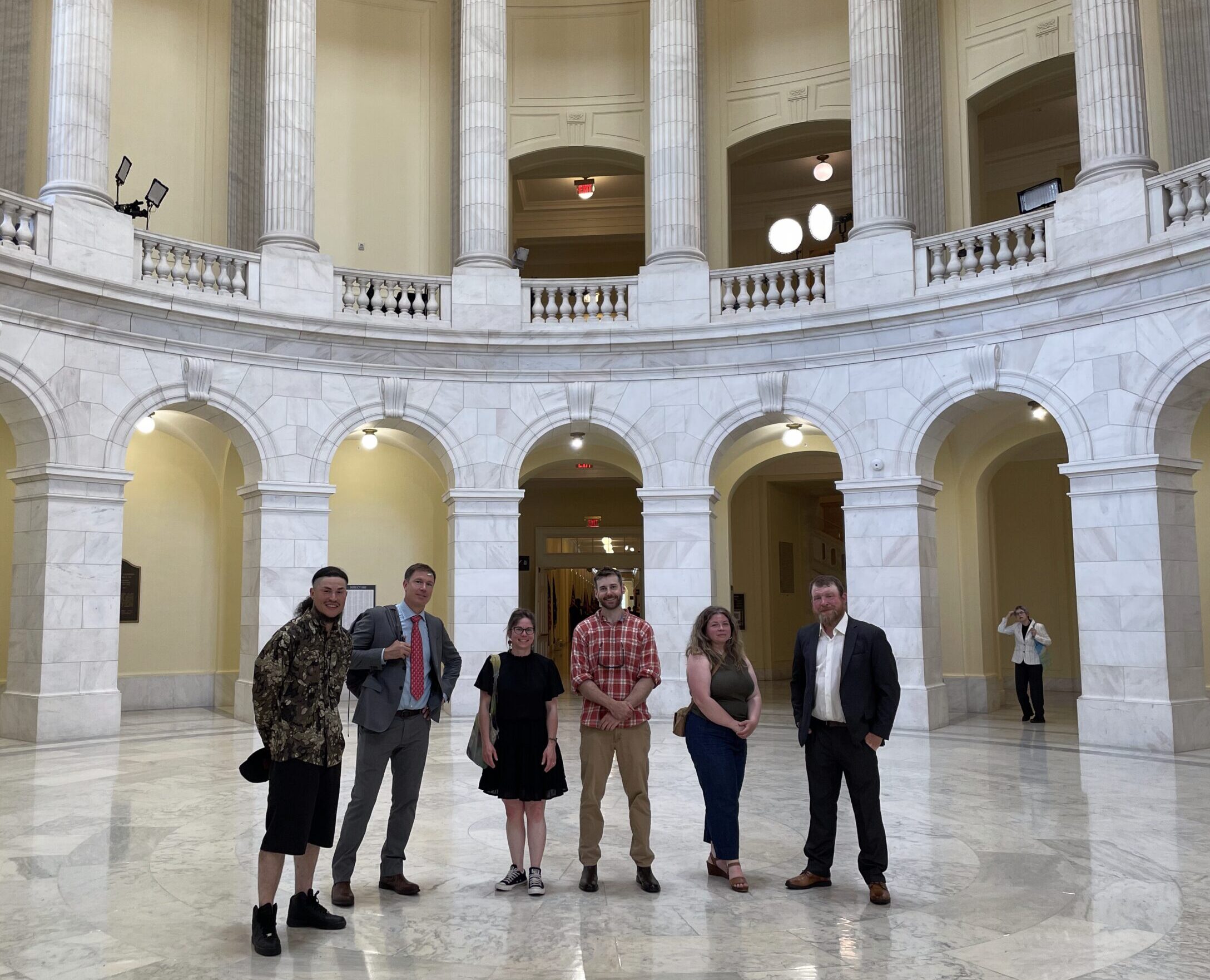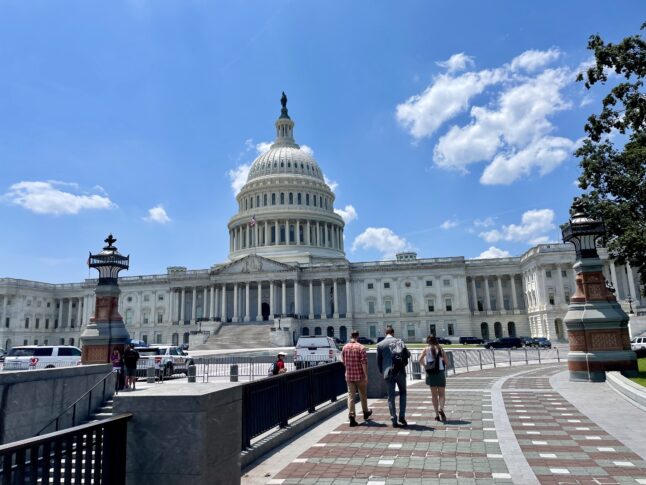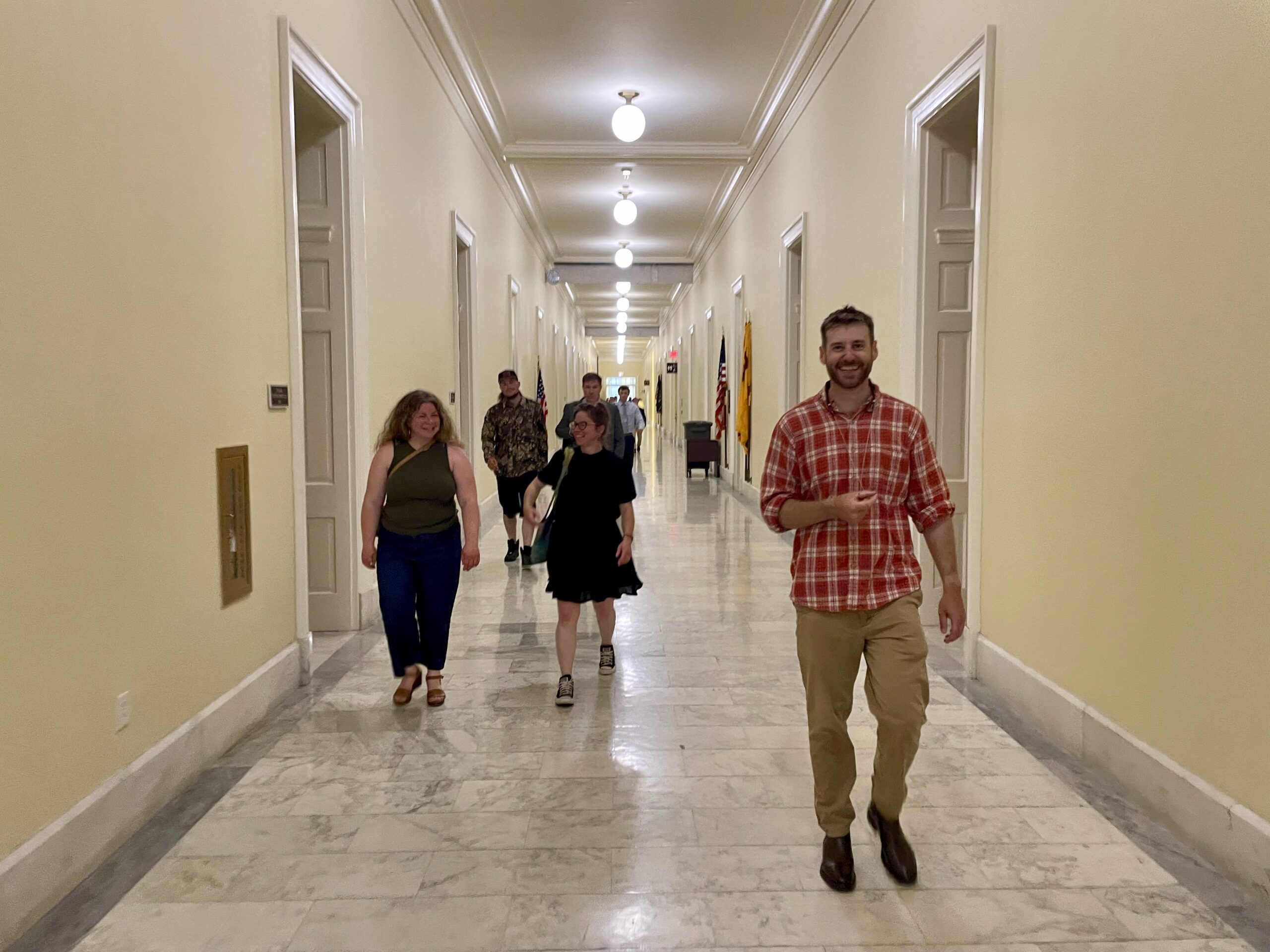When conservation threats evolve quickly grassroots organizations need funding that moves just as fast. The Southeast Alaska Conservation Council (SEACC) exemplifies this reality, demonstrating how critical rapid funding becomes when federal policy shifts overnight.

Just two weeks ago, SEACC applied for urgent funding to oppose the proposed public lands sell-off buried in federal budget reconciliation legislation. But as their team prepared for a fly-in to Washington, D.C., the political landscape shifted again. While the sell-off provision was evolving within the budget bill, a completely separate threat emerged: the Trump administration announced plans to rescind the Roadless Rule.
This rule protects 58.5 million acres of national forests nationwide, including 9.3 million acres in Alaska’s Tongass National Forest and 5.4 million acres in the Chugach National Forest. These safeguards prevent logging, road-building, and mining in some of the country’s forests.
Repealing the Roadless Rule would remove protections from over 14.7 million acres of Alaska’s national forests including over 9 million acres of undeveloped land within the Tongass and 5.4 million acres in the Chugach National Forest. This would open nearly half the Tongass to industrial logging and roadbuilding, and threaten old-growth habitat that is essential to the cultural, spiritual, and economic wellbeing of Indigenous communities and others who rely on these forests for their way of life. Alaska has faced this battle before: the Roadless Rule was repealed on the Tongass in 2020, restored in 2023, and is now under threat again for the third time in five years.
 The urgency became clear when SEACC’s team learned during a planning call that the crucial public lands vote in the budget reconciliation process could happen as soon as Thursday, making their planned Wednesday evening arrival too late to meet with elected officials. With Rapid Response funding already secured, all seven participants quickly rearranged their schedules to catch earlier flights. But the evolving threats meant the team had to pivot more than just their travel plans. With the Roadless Rule announcement coming right around their departure for D.C., they also had to adapt their talking points to address this new threat alongside their original focus on the public lands sell-off. A diverse group of Alaskans, including fly fishing outfitters, guides from Haines, oyster farmers, Tribal members, and a Tribal food security manager, made the trek to Washington D.C. Despite flight delays and a grueling 28-hour red-eye journey, they arrived Tuesday morning and went straight to Capitol Hill.
The urgency became clear when SEACC’s team learned during a planning call that the crucial public lands vote in the budget reconciliation process could happen as soon as Thursday, making their planned Wednesday evening arrival too late to meet with elected officials. With Rapid Response funding already secured, all seven participants quickly rearranged their schedules to catch earlier flights. But the evolving threats meant the team had to pivot more than just their travel plans. With the Roadless Rule announcement coming right around their departure for D.C., they also had to adapt their talking points to address this new threat alongside their original focus on the public lands sell-off. A diverse group of Alaskans, including fly fishing outfitters, guides from Haines, oyster farmers, Tribal members, and a Tribal food security manager, made the trek to Washington D.C. Despite flight delays and a grueling 28-hour red-eye journey, they arrived Tuesday morning and went straight to Capitol Hill.
Over two intense days, they held ten meetings and found unexpected common ground with Montana representatives who shared the fly-in delegation’s views on the value of public lands. The team spoke with senators about both threats – the immediate public lands sell-off in the budget reconciliation bill and the broader implications of rescinding the Roadless Rule for Alaska’s national forests. While Senator Mike Lee eventually revised his public lands sale proposal in the budget reconciliation bill, the separate threat to Alaska’s national forests from the Roadless Rule rescission remains. “It was a minor miracle that we were able to pull this off,” said Nathan Newcomer, Federal Campaigns Manager at Southeast Alaska Conservation Council, who was responsible for organizing the fly-in. “ACF funding was instrumental for us to get to D.C. in such a quick turnaround. Alaskan business owners and Tribal leaders need their voices uplifted and that’s exactly what this funding helped us do.”
“It was a minor miracle that we were able to pull this off,” said Nathan Newcomer, Federal Campaigns Manager at Southeast Alaska Conservation Council, who was responsible for organizing the fly-in. “ACF funding was instrumental for us to get to D.C. in such a quick turnaround. Alaskan business owners and Tribal leaders need their voices uplifted and that’s exactly what this funding helped us do.”
The fly-in’s lasting impact extends beyond policy; most participants had never lobbied before and are now eager to expand their advocacy efforts and engage their local communities. Alaska Conservation Foundation is honored to support partners like SEACC, whose on-the-ground expertise guides our state’s response to the most pressing conservation challenges.
Alaska Conservation Foundation’s Rapid Response Grant Program made this trip possible. Unlike traditional grant processes that take months, Rapid Response awards deliver funding in two weeks or less, essential when administrations change course overnight. When Alaska’s natural heritage faces repeated threats, prepared grassroots voices need resources that move at the speed of policy, not bureaucracy.
Photos courtesy of Southeast Alaska Conservation Council


